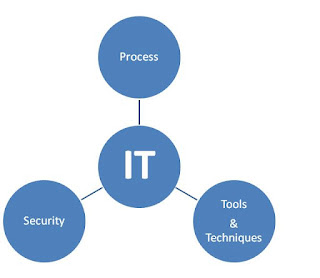The role of Human Resources is transforming within organisations and businesses around world. Traditionally HR has been viewed as a support function concerned with recruitment and selection processes and learning and development.
However, HR is increasingly being seen as more of a strategic function that should consider employee engagement, organisational and cultural change and performance management. There are several areas in which the HR function is developing a more strategic approach and with additional important points to consider.
The growing trend is that organisations and businesses are considering HR as a Business Partner and not just a support function. This transition requires some thought, planning and development. HR professionals in this transition must understand the difference between this and other HR roles and how to build stakeholder relationships within the business or organisation.
The strategic HR function is gaining support from the greater organisation in its role within performance management. This support is necessary for the development and implementation of organisational competencies and competency frameworks. These both lead to greater efficiencies in individual and organisational performance and talent management, areas which have traditionally been associated with line management responsibilities.
Organisations must embrace change as it happens. Change is a people business, which inevitably requires the attention and involvement of the HR function. With the recent cultural changes resulting from these tough economic times, there will inevitably have been a direct impact on how overall change is accepted. It is, therefore, essential that the Strategic HR Function understands cultural value systems and how they directly influence the way change is accepted or not.
Watch this video featuring management author and expert Dave Ulrich who talks briefly about the transformation of Human Resources and it's growing participation setting business strategy.
Please also post your comments and experiences relating to this post.
Please also post your comments and experiences relating to this post.








